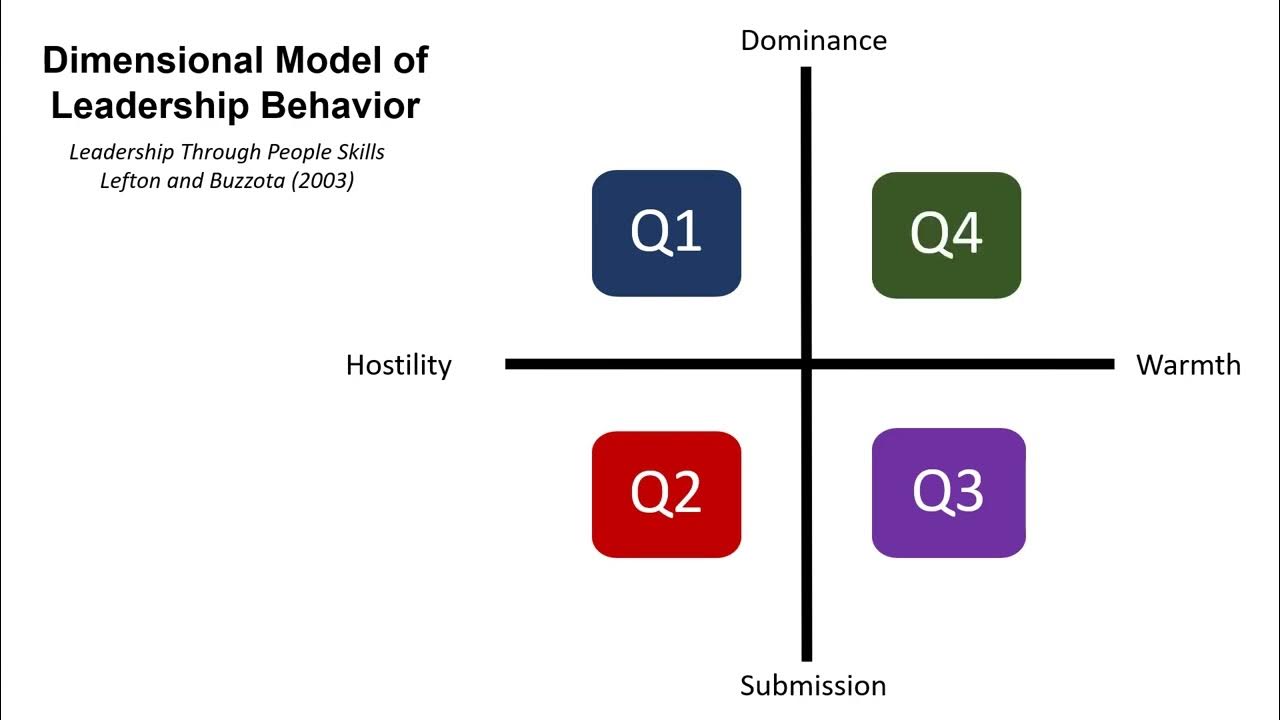Being a Good Team Member
Summary
TLDRThis video explores the essential qualities and behaviors that make a team member truly effective. Beyond basic traits like honesty, reliability, and good communication, outstanding team members show genuine commitment, actively engage with their colleagues, and contribute thoughtfully to discussions. They are transparent, generous in helping others, and focus on solving problems rather than creating them. Recognizing mistakes, giving credit where due, and supporting teammates even beyond formal responsibilities are highlighted as key practices. By following these principles, individuals can enhance collaboration, earn respect, and foster a productive, positive team environment.
Takeaways
- 😀 Collaboration goes beyond just working together; successful teamwork requires specific skills and commitment.
- 😀 Effective teams are crucial for organizational success and can be diverse, cross-functional, or remote.
- 😀 Key qualities of a good team member include honesty, fairness, respect, reliability, responsibility, and strong communication.
- 😀 Outstanding team members show genuine commitment and actively contribute to achieving team goals.
- 😀 Get involved with your team rather than working in isolation; participation strengthens collaboration.
- 😀 Come prepared with questions and ideas, demonstrating thoughtfulness and engagement.
- 😀 Be transparent and share ideas while giving credit where it’s due to build trust and respect.
- 😀 Offer help generously, even outside your job description, to support team members and foster cooperation.
- 😀 Focus on being a problem solver rather than a problem maker, assisting teammates whenever possible.
- 😀 Admit when you’re wrong and approach disagreements with humility; respect grows when you accept mistakes gracefully.
- 😀 The principles outlined provide a solid foundation for successful collaboration and effective teamwork.
Q & A
What is the main difference between being a team member and being a committed team member?
-A committed team member actively contributes to the team's goals, shows up when needed, and ensures that their time is spent meaningfully. In contrast, someone who simply shows up without genuine commitment may not contribute as effectively or actively engage with the team.
Why is it important for a team member to get involved and not just work in isolation?
-Getting involved helps build stronger communication and collaboration within the team. It also ensures that team members exchange ideas, ask questions, and contribute to problem-solving, making the team more effective and cohesive.
What does it mean to be transparent as a team member, and why is it important?
-Being transparent means openly sharing ideas and opinions, as well as acknowledging when others contribute to those ideas. This builds trust, strengthens team dynamics, and ensures that everyone is on the same page in achieving team goals.
How can a team member help others even if it's not part of their job description?
-A team member can help by offering advice, sharing knowledge, or providing support when others face challenges, such as difficulty with new technology. This generosity fosters teamwork and mutual respect.
Why is it important for a team member to be a problem solver rather than a problem maker?
-Being a problem solver enhances team efficiency by proactively addressing challenges. It shows initiative and helps the team progress toward its goals, while avoiding the disruption that comes from creating unnecessary problems.
What is the value of admitting when you are wrong in a team setting?
-Admitting mistakes demonstrates humility and maturity. It helps maintain positive relationships within the team and shows that the focus is on the team's success, not on being right all the time.
How does giving credit for ideas contribute to being a good team player?
-Giving credit for others' ideas shows respect and fosters an environment of trust. It builds strong relationships, as teammates appreciate when their contributions are recognized, leading to better collaboration in the future.
What role does communication play in effective teamwork?
-Communication is vital for sharing information, coordinating tasks, and solving problems. Clear, open communication ensures that everyone is aligned and aware of each other's needs, which is essential for successful collaboration.
How can a team member demonstrate strong commitment to the team's goals?
-A team member shows commitment by actively participating, preparing for meetings, engaging with colleagues, and contributing ideas. They prioritize the team's success over personal recognition and go the extra mile to support team objectives.
What are some of the key qualities that make a good team member, according to the script?
-Key qualities of a good team member include being honest, fair, respectful, reliable, responsible, a good communicator, and showing genuine commitment to the team's goals.
Outlines

This section is available to paid users only. Please upgrade to access this part.
Upgrade NowMindmap

This section is available to paid users only. Please upgrade to access this part.
Upgrade NowKeywords

This section is available to paid users only. Please upgrade to access this part.
Upgrade NowHighlights

This section is available to paid users only. Please upgrade to access this part.
Upgrade NowTranscripts

This section is available to paid users only. Please upgrade to access this part.
Upgrade Now5.0 / 5 (0 votes)





